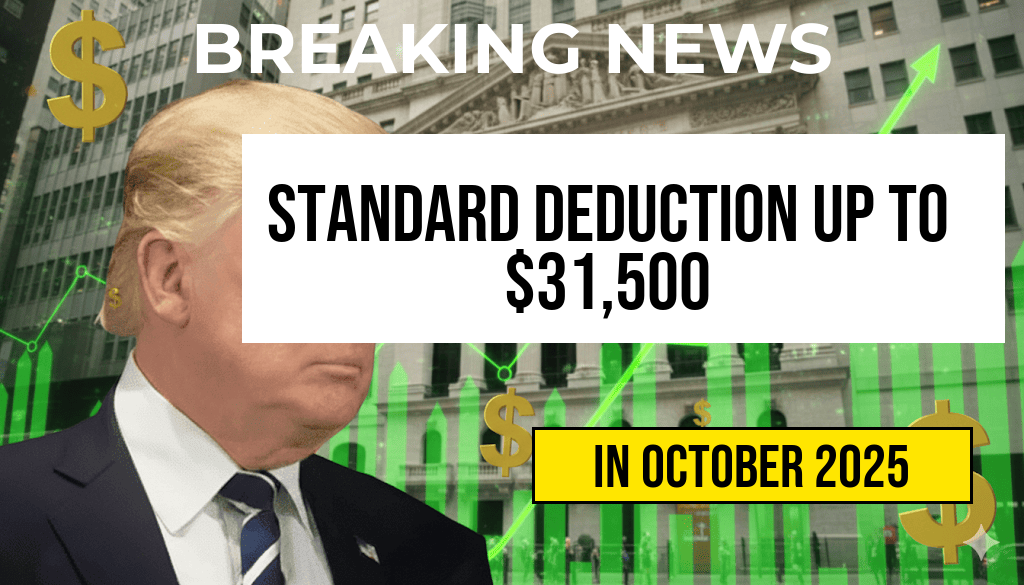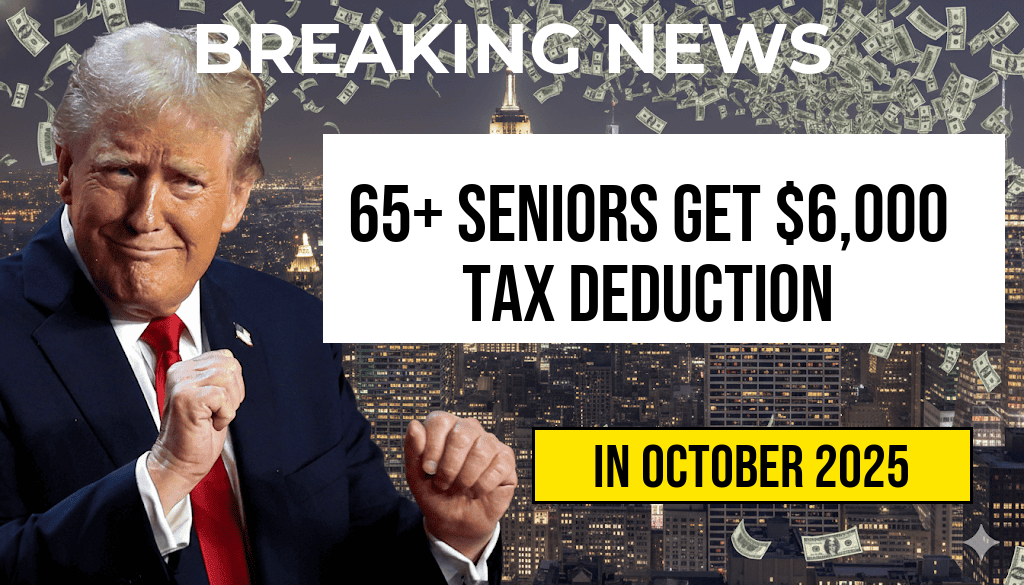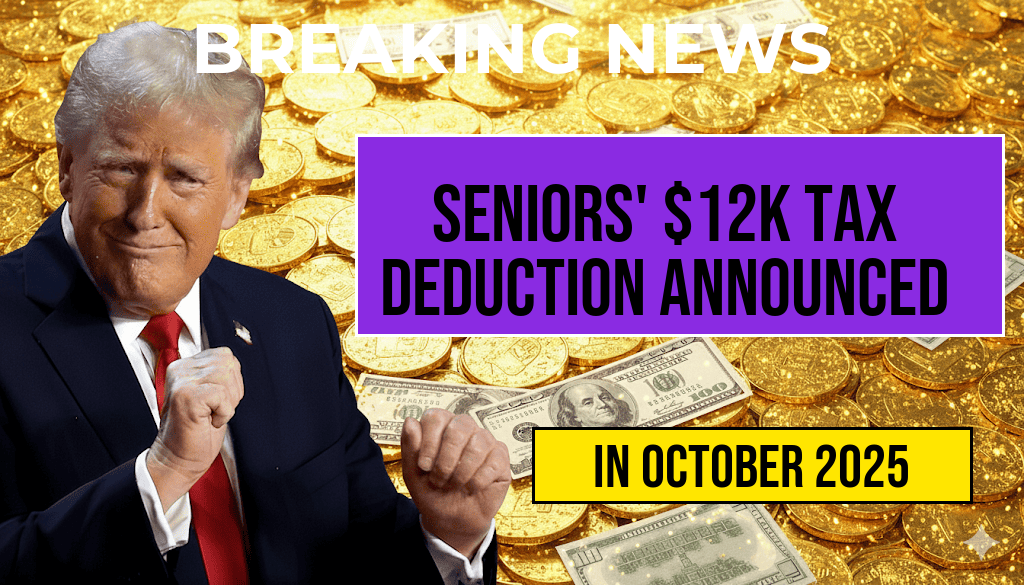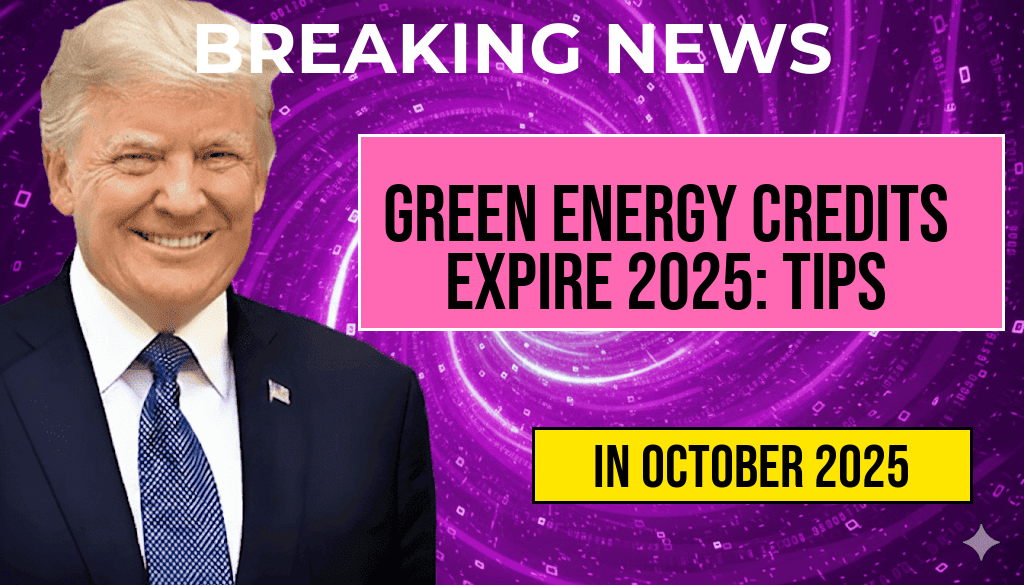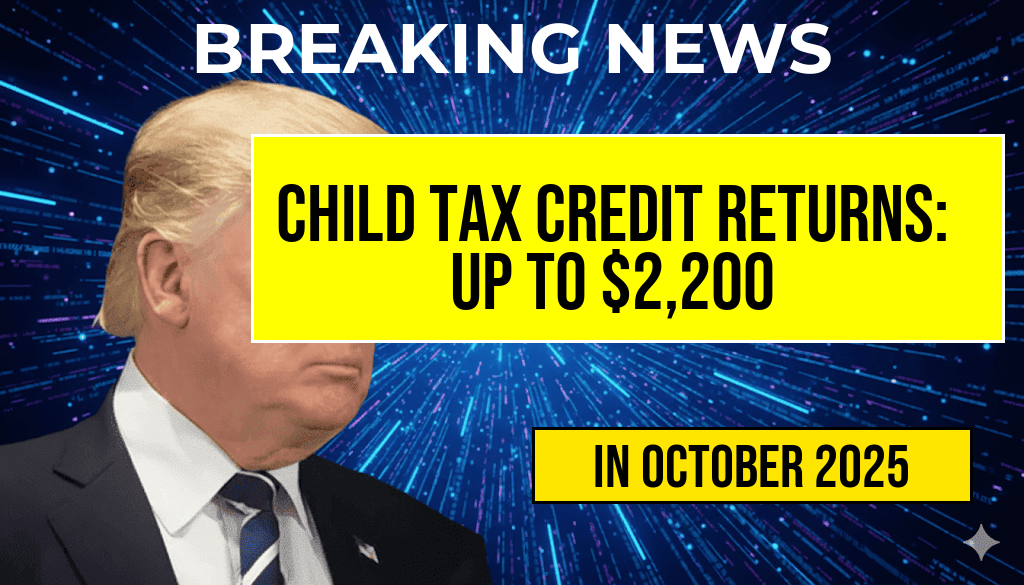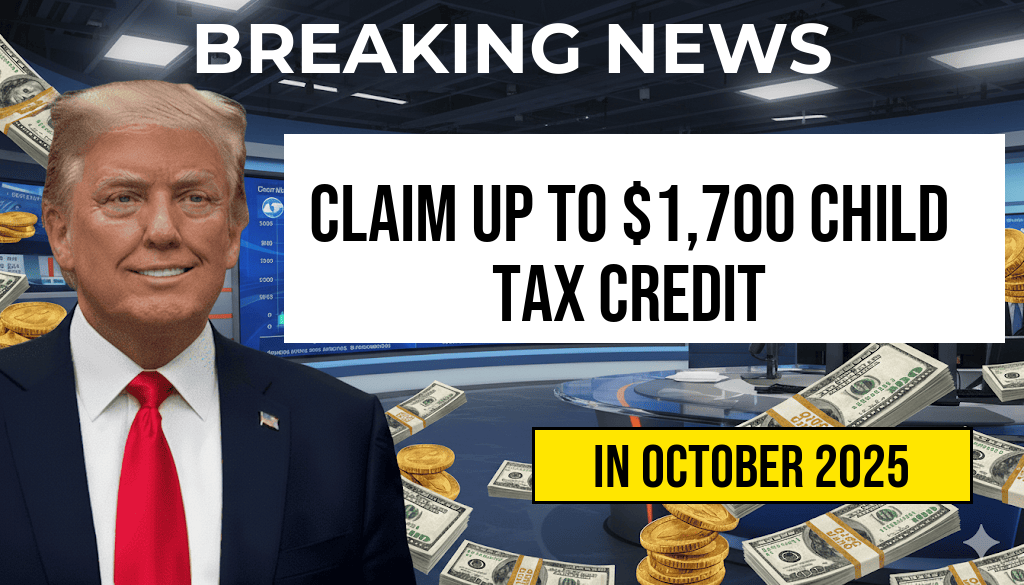Homeowners interested in adopting renewable energy solutions should pay close attention to upcoming changes in federal tax incentives. The Green Energy Credits that currently provide financial support for installing solar panels, wind turbines, and other sustainable systems are set to expire or diminish significantly by the end of 2025. As policymakers evaluate the future of these incentives, many homeowners are scrutinizing their options to maximize benefits before the reductions take effect. This potential shift could influence decisions around residential solar investments, energy efficiency upgrades, and broader adoption of sustainable technologies. Understanding the scope, eligibility criteria, and timing of these incentives is critical for those considering renewable energy projects in the near term.
Overview of Existing Residential Green Energy Tax Incentives
The federal government has historically offered a suite of tax credits to promote clean energy adoption among homeowners. The most prominent among these has been the **Investment Tax Credit (ITC)**, which allows eligible homeowners to deduct a significant portion of the installation costs for solar energy systems from their federal taxes. For systems installed prior to the scheduled expiration, the ITC has provided a 26% credit in 2023, with plans to step down to 22% in 2024, and a potential expiration or further reduction in 2025 if Congress does not extend it.
Other incentives include the **Residential Renewable Energy Tax Credit** for wind turbines, geothermal heat pumps, and small hydroelectric systems, which also fall under the broader umbrella of green energy incentives. These programs have helped accelerate the adoption of renewable energy at a residential level, reducing upfront costs and encouraging energy independence.
Details about the current incentives, including eligibility, project timelines, and maximum credit limits, are outlined in the official IRS guidelines and supported by resources like the U.S. Department of Energy.
Key Date: Expiration of Credits in 2025
The scheduled expiration of the federal tax credits in 2025 has sparked concern among homeowners and industry stakeholders. The current trajectory suggests that unless renewed or modified by Congress, the incentives will either expire or be significantly reduced starting in 2026. This impending change creates a critical window for homeowners to implement renewable energy projects and claim the credits before the deadline.
Experts warn that delaying investments could result in missing out on substantial financial benefits, especially considering the rising costs of energy and the increasing competitiveness of renewable technology. For many households, the combined savings from tax credits and lower energy bills can shorten the payback period for solar or other renewable systems to just a few years.
Implications for Homeowners and the Solar Industry
Financial Impact and Planning Considerations
- Immediate Cost Savings: Homeowners who install solar panels or wind turbines before the end of 2025 can claim significant tax credits, reducing upfront expenses.
- Timing of Installation: Projects initiated in late 2024 or early 2025 are strategically positioned to qualify for maximum benefits.
- Future Uncertainty: Post-2025, incentives could be scaled back, or new policies may replace existing credits, influencing market growth and project planning.
Industry Outlook and Policy Debates
The impending expiration has prompted renewed discussions in Congress about extending or enhancing green energy incentives. Industry advocates argue that maintaining robust tax credits is essential for meeting national climate goals and supporting the burgeoning renewable sector. Conversely, some policymakers emphasize fiscal responsibility, debating whether current incentives should be phased out or restructured.
Recent proposals suggest potential extensions or new incentive frameworks that could reshape the landscape for residential renewable energy investments. For example, some legislative drafts propose offering direct rebates or expanded credits for energy storage and efficiency upgrades, broadening the scope of support beyond solar alone.
Stakeholders are closely monitoring legislative developments, as any changes could significantly impact homeowners’ decision-making and the renewable energy market’s trajectory. For a detailed overview of legislative proposals, visit Congress.gov.
Practical Steps for Homeowners Planning Renewable Energy Projects
| Action Step | Timing | Details |
|---|---|---|
| Assess eligibility and financial benefits | Immediately, before project planning | Review IRS guidelines and consult with installers about qualifying systems and claim procedures. |
| Secure quotes and initiate projects | Late 2024 – Early 2025 | Prioritize projects that can be completed before the December 2025 deadline. |
| Consult tax professionals | During project planning | Ensure proper documentation and maximize tax credit claims. |
| Monitor policy developments | Ongoing through 2024 | Stay informed about potential legislative changes that could affect incentives. |
Looking Beyond 2025
While current incentives are set to expire or diminish after 2025, some policymakers and industry leaders advocate for continued support of renewable energy adoption. New proposals may introduce alternative incentives, such as direct rebates, low-interest loans, or expanded tax credits aimed at broadening access and accelerating clean energy deployment. Homeowners planning future projects should consider these possibilities and remain engaged with industry updates and legislative debates.
For comprehensive guidance, resources such as the U.S. Department of Energy’s Solar Guide provide valuable insights into current and upcoming incentives.
Frequently Asked Questions
What are Green Energy Credits and how do they benefit homeowners?
Green Energy Credits are tax incentives provided to homeowners who install renewable energy systems, such as solar panels. These credits can significantly reduce the overall cost of installation by offering tax savings, making renewable energy more affordable and accessible.
Why are Green Energy Credits expiring in 2025?
The Green Energy Credits are set to expire in 2025 due to legislative changes and policy adjustments aimed at phasing out certain incentives. Homeowners are encouraged to take advantage of these credits before they expire to maximize their benefits.
How can I determine if I qualify for Residential Tax Incentives?
Eligibility for Residential Tax Incentives typically depends on factors such as the installation of qualified renewable energy systems, property ownership, and completion of the project within the incentive period. It’s advisable to consult with a tax professional or the relevant government agency to confirm your eligibility.
What steps should I take to ensure I receive Green Energy Credits before they expire?
To qualify for Green Energy Credits, homeowners should plan and schedule their renewable energy system installations promptly. Keep detailed records, ensure all installations meet program requirements, and file the necessary documentation with your tax return before the 2025 deadline.
Are there alternative incentives or programs available after the Green Energy Credits expire?
Yes, several states and local governments offer additional incentives, rebates, or programs to promote renewable energy adoption. It’s recommended to explore current options with your local energy authority or renewable energy providers to continue benefiting from support for green energy projects.

